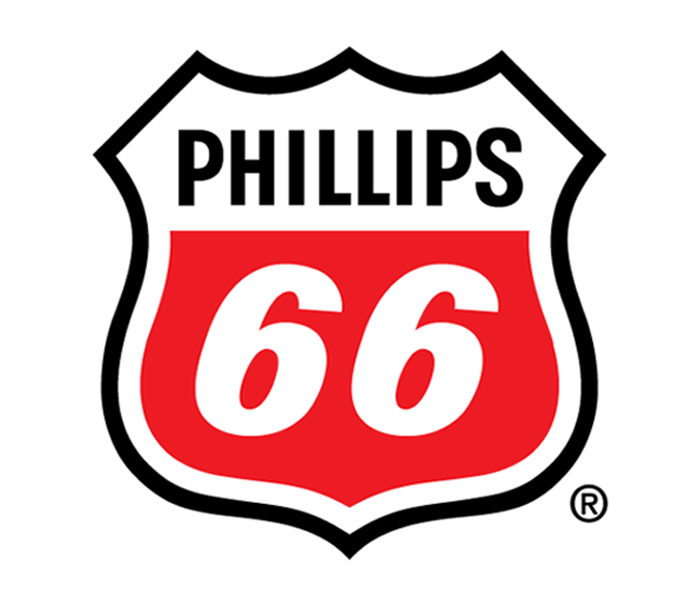Here Are the 10 Best Towns to Start a Business
Most people assume they need to launch a business in a big city. With a mile-a-minute pace and millions of potential customers, a teeming metropolis seems like the only logical home for a startup.
But the reality is you're better off starting a small business in a small town.
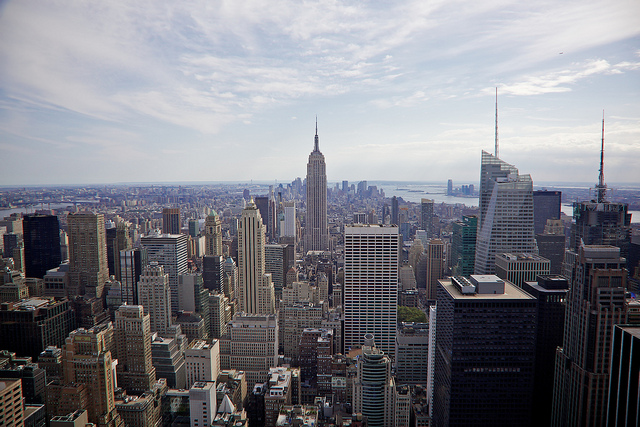 Aurelien Guichard - flickr.com
Aurelien Guichard - flickr.com
Big cities often come with a big price tag. The bigger the city, the bigger the cost of everything from rent and supplies, to parking tickets.
"While bigger cities have more businesses, they don't have bigger businesses," Cindy Yang of NerdWallet told Entrepreneur magazine. "It's the businesses in smaller, surrounding towns that tend to have higher revenue and a higher propensity to have paid employees while enjoying the lower cost of living."
Success isn't just about making sales. It's also about keeping your overhead low — and that's where small cities are a boon.
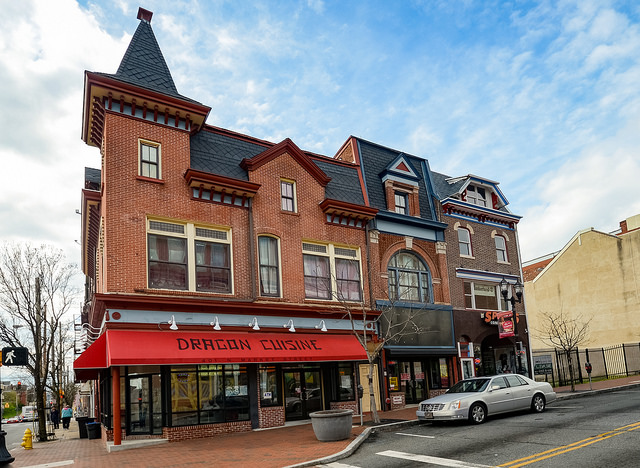 xiquinhosilva - flickr.com
xiquinhosilva - flickr.com
What are the best small cities to start a business?
Entrepreneur magazine listed the best small cities to start a business, and they stretch across America. Working with NerdWallet to analyze 463 towns and small cities—defined as those with populations between 50,000 and 100,000—the team came up with the top 10 small cities to start a small business. They are:
1) Alpharetta, Georgia
 Nick Gray - flickr.com
Nick Gray - flickr.com
2) Redmond, Washington
3) Wilmington, Delaware
4) Troy, Michigan
5) Minnetonka, Minnesota
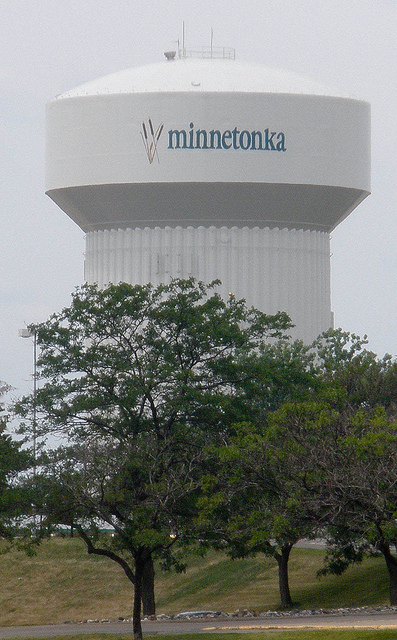 m01229 - flickr.com
m01229 - flickr.com
6) Waukesha, Wisconsin
7) Newport Beach, California
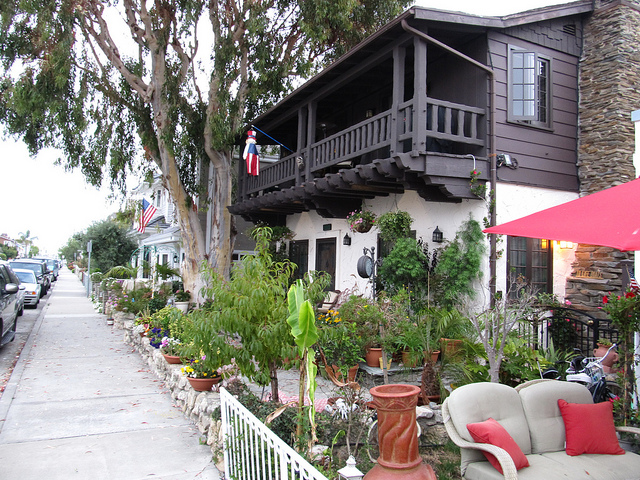 Ken Lund - flickr.com
Ken Lund - flickr.com
8) Bethesda, Maryland
9) Greenville, South Carolina
10) La Crosse, Wisconsin
What do these towns have in common?
Businesses in the top small cities enjoyed an average revenue of $4 million, nearly three times the average $1.4 million among businesses in the top 10 U.S. cities by population. Why? They share the following characteristics.
Close proximity to a major metropolitan area.
Eight of the ten are located within a short commute of a larger metro area. For example, Alpharetta is a 45-minute drive from Atlanta and Bethesda is a stop on the Red Line of the Washington Metro.
For a small business, that means the ability to access a big city's resources and human capital, without paying big-city rent. These businesses have access to airports, infrastructure, a large customer base, and top-notch talent.
 Brett VA - flickr.com
Brett VA - flickr.com
Close-knit communities.
The hustle and bustle of the big city can make it hard to establish lasting relationships with customers. But in a small town, businesses are more integrated into the community, which creates loyalty. "Businesses there ... operate in a close-knit community that often has a lower cost of living," Yang said.
Local initiatives to attract business.
Large cities such as New York and Chicago don't have to do much to retain a seemingly inexhaustible number of businesses. But smaller towns will go out of their way to attract small businesses with incentives, tax breaks and other initiatives.
The Alpharetta Technology Commission acts as a "business ambassador" to appeal to tech startups.
The city of Wilmington — a short drive from Philly and a few hours by train to New York and Washington — touts Delaware's low taxes as a selling point for prospective businesses.
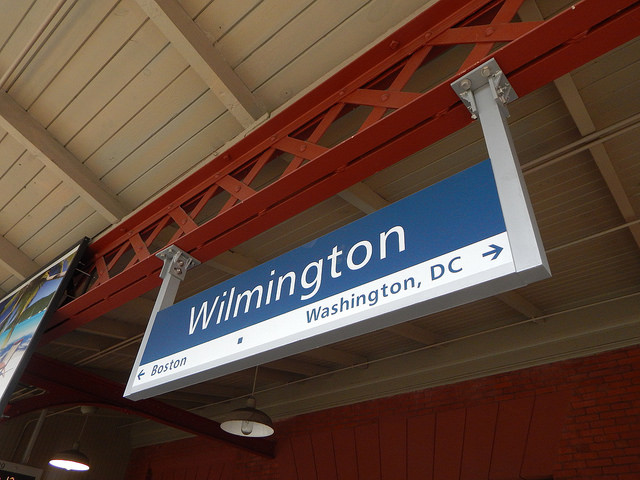 Adam Moss - flickr.com
Adam Moss - flickr.com
The allure of the big city is powerful.
But when it comes to starting a business, a small town often makes more sense.
